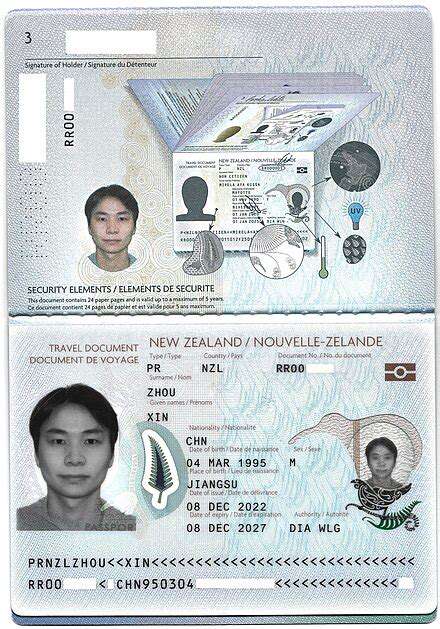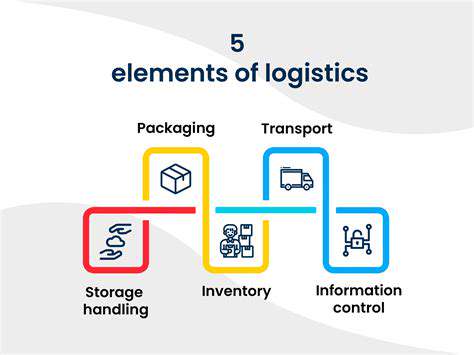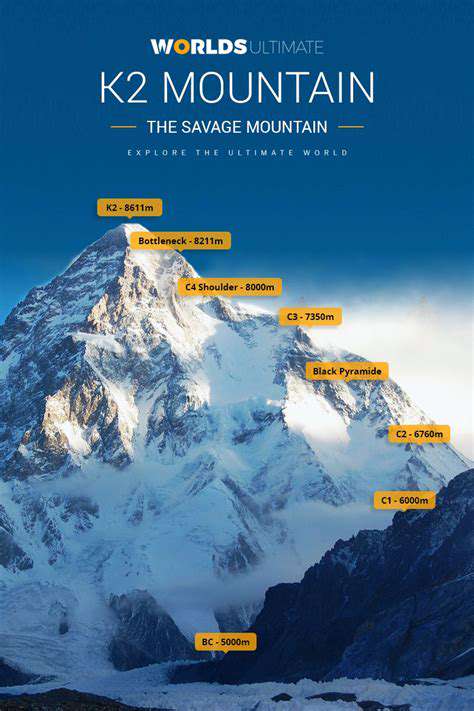Understanding Refugee Travel Documents

The Critical Role of Refugee Travel Documents
For displaced individuals, travel documents represent more than just paperwork. These vital identification tools unlock access to healthcare systems, educational institutions, and employment opportunities. Lacking proper documentation creates insurmountable barriers to integration, leaving refugees in legal limbo and vulnerable to exploitation. Beyond serving as identification, these papers symbolize hope - the first step toward rebuilding shattered lives in unfamiliar territories.
During resettlement processes, these documents prove indispensable for both security and administrative purposes. Authorities rely on them to monitor movements while ensuring protection from human traffickers and other predators. Refugees carrying valid papers experience significantly fewer complications when accessing social services or crossing borders.
Diverse Forms of Refugee Documentation
Globally, nations and organizations issue various travel documents for refugees, ranging from temporary passports to specialized travel certificates. The specific documentation provided depends entirely on host country policies and individual circumstances. Each variant comes with unique restrictions and privileges that refugees must thoroughly understand to avoid legal complications.
Key differences between document types include:- Validity periods (typically 1-5 years)- Geographic travel restrictions- Renewal procedures- Embedded security features
Navigating the Documentation Process
Acquiring refugee travel documents involves navigating complex bureaucratic labyrinths. Applicants must gather multiple forms of identification, provide detailed personal histories, and often undergo rigorous background checks. This arduous process frequently tests applicants' patience, sometimes requiring months of persistent follow-ups. Many refugees find themselves trapped in catch-22 situations where obtaining one document requires presenting another that's impossible to acquire without the first.
Maintaining Document Validity
Allowing documents to expire creates catastrophic disruptions to refugees' lives, potentially resulting in:- Loss of employment- Denial of medical services- Travel restrictions- Legal complications
Proactive renewal remains crucial, with processing times varying dramatically between jurisdictions. Some countries permit renewal applications up to six months before expiration, while others impose strict deadlines. Refugees should maintain meticulous records of expiration dates and initiate renewal processes at the earliest opportunity.
Legal and Practical Considerations
International Legal Frameworks
The 1951 Refugee Convention establishes the legal foundation for refugee travel documents, though implementation varies significantly between signatory nations. Some countries incorporate additional regional agreements that modify document requirements or privileges. Refugees must understand these legal nuances to avoid unintentional violations that could jeopardize their status.
Record-Keeping Best Practices
Maintaining organized records proves essential for refugees navigating complex legal systems. Recommended practices include:- Scanning all documents for digital backups- Keeping physical copies in waterproof containers- Creating a timeline of renewal dates- Documenting all interactions with immigration officials
Authentication Challenges
Border authorities frequently encounter difficulties verifying refugee documents due to:- Non-standardized formats across countries- Limited database integration- Susceptibility to forgery- Language barriers
Biometric technologies are gradually addressing these issues, with fingerprints and facial recognition becoming more common verification methods.
Institutional Roles in Documentation
UNHCR's Global Coordination
The United Nations Refugee Agency works tirelessly to standardize travel documents across borders while assisting nations lacking proper infrastructure. Their Convention Travel Documents represent the gold standard, though recognition remains inconsistent between countries.
National Government Responsibilities
Host countries balance multiple obligations:- Verifying document authenticity- Maintaining refugee registries- Providing legal protections- Preventing document fraud
These competing priorities sometimes create bureaucratic bottlenecks that delay processing times.
Accessing Support Systems

Identifying When Help Is Needed
Document-related challenges often manifest through:- Repeated bureaucratic roadblocks- Unexplained processing delays- Sudden changes in legal requirementsEarly intervention by legal aid organizations can prevent minor issues from becoming major crises.
Available Support Networks
Refugees can access assistance through:- UNHCR field offices- Local refugee resettlement agencies- Pro bono legal clinics- Community-based organizations
Effective Help-Seeking Strategies
Preparing thorough documentation before seeking assistance dramatically improves outcomes. Refugees should compile:- Copies of all existing paperwork- Detailed timelines of applications- Records of official communications- Witness statements when available



![How to Pack a Carry On Only [Minimalist Guide]](/static/images/27/2025-05/AccessoriesandDocuments3AKeepingitCompactandOrganized.jpg)







![The Ultimate Packing List for Any Trip [Printable]](/static/images/27/2025-05/ToiletriesandMedications.jpg)